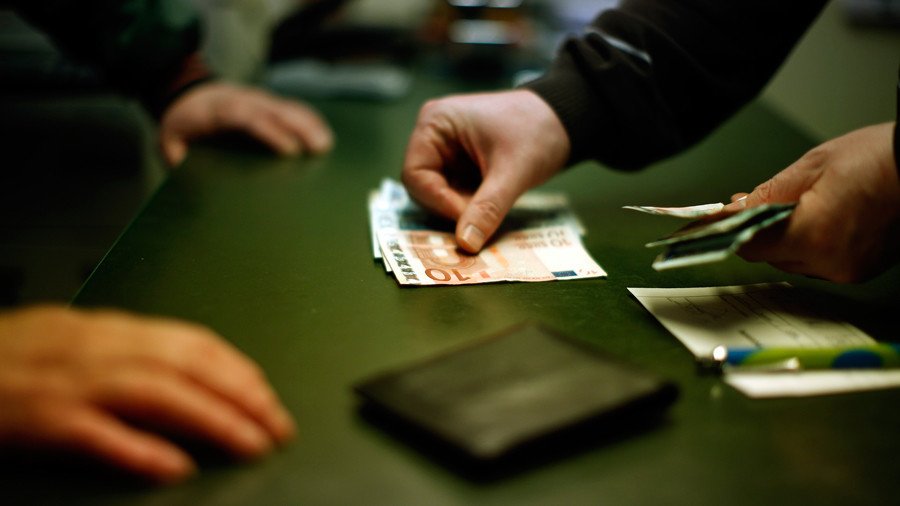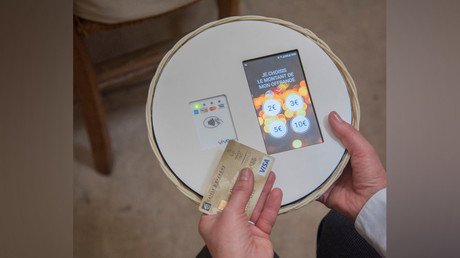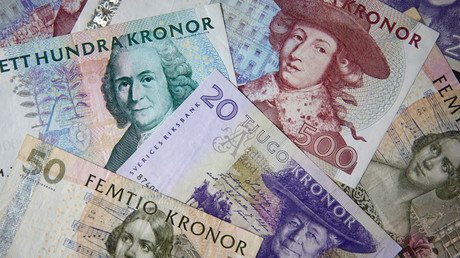Germans slowly getting over their cash addiction – Bundesbank

Most money spent in Germany last year is no longer in cash, according to the latest survey conducted by Bundesbank. It marks the first time that cash spending has dropped below half of the transactions.
The survey of about 2,000 people reveals that in 2017, cash only accounted for 47.6 percent of purchases by Germans. The number marks a significant decline against 53.2 percent three years earlier.
Debit and credit cards grabbed a 39.4 percent market share in 2017 compared to 33.4 percent in 2014. Internet payments also increased, but still made up a modest 3.7 percent of total volume of transactions in the country.
“Cash remains the most popular, but card payments are increasing,” Bundesbank board member Carl-Ludwig Thiele said as he presented the survey results.
The wallet of the average German contains €107 ($132) in cash, the regulator reports. That is reportedly the highest amount in Europe. The figure is far more than the €30 commonly found in French and Belgian wallets.
Most of the Germans surveyed said that they see cash as a more private way to pay, which is faster. More than three quarters of Germans expressed concerns that some people would not be able to cope in a cashless society. Seventy-one percent called cash helpful in teaching children about money, and 64 percent use cash for better control over their spending.
#Cryptocurrency may soon completely remove paper money from our lives - tech entrepreneur https://t.co/f2fFEtxP1w
— RT (@RT_com) December 2, 2017
The choice of payment method reportedly depends on how much money is being spent. Cash is used in 74 percent of individual transactions, but that share rises to 96 percent when €5 or less is spent. Only when it comes to paying €50 or more do Germans prefer to take out the card or make an electronic payment.
According to a recent study by the European Central Bank (ECB), Germans and Austrians are the biggest users of cash among countries in the euro zone’s richer “core.” The same research shows that a quarter of Europeans keep cash at home as a precautionary reserve.
For more stories on economy & finance visit RT's business section















